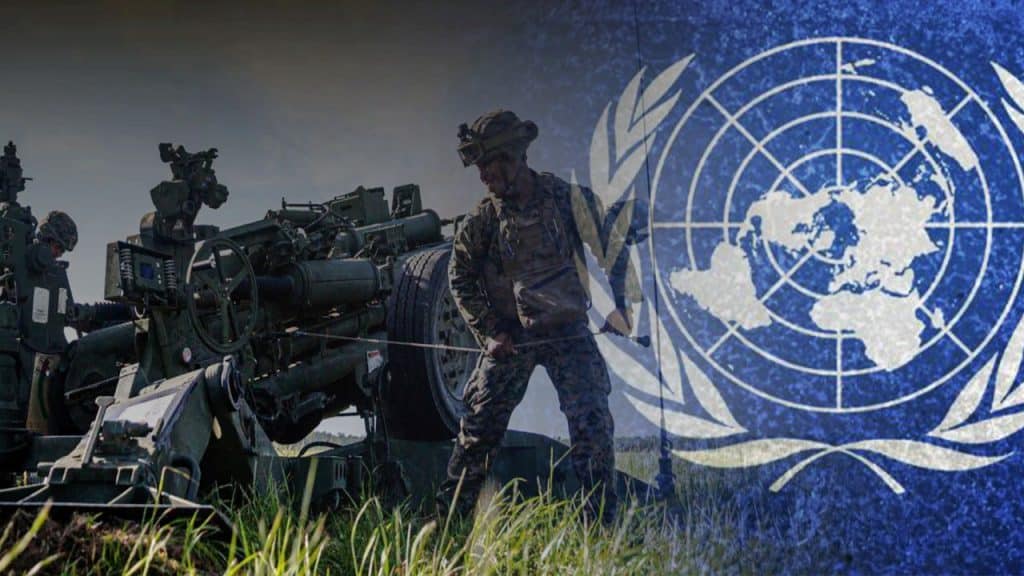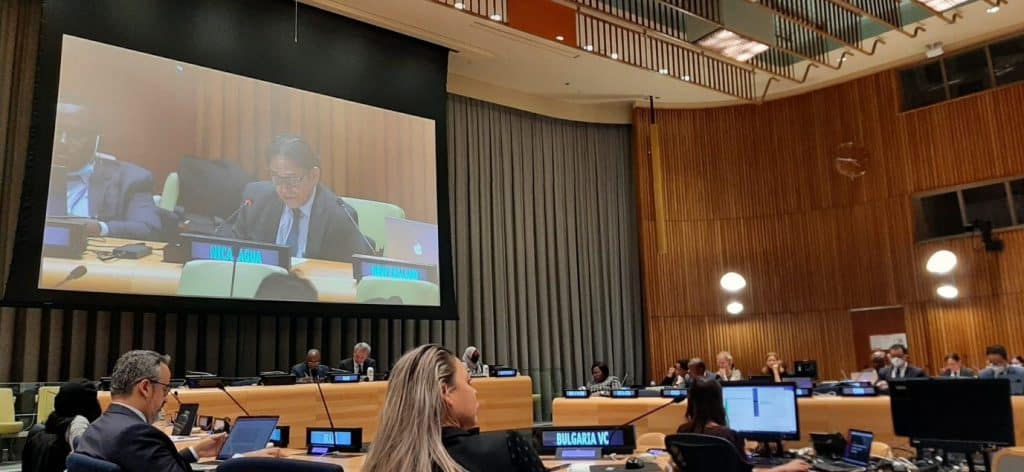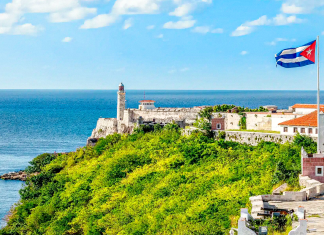
Nicaragua has presented before the United Nations (UN) General Assembly its firm condemnation of terrorism incited by operations that attempt to change legitimate governments, and that threaten the stability of States.
Representing the Government of Nicaragua, the permanent ambassador of that country to the UN, Jaime Hermida Castillo, among other points in the Debate on International Terrorism, stressed that
the Nicaraguan State rejects terrorist acts provoked in «overt or covert political operations» that in an attempt to change «legitimate governments» destabilize nations.
According to Hermida, the imposition of illegal unilateral coercive measures on nations in times of crisis represents «a crime against humanity»; furthermore, he added that, the «devastating effect» of the same, hinder «efforts to fulfill the Goals of the 2030 Agenda», and in particular, to advance in the «eradication of poverty».
You can read: Nicaragua rejects all forms of colonial occupation before the UN
Consequently, all «illegal unilateral measures also become an obstacle to obtain the resources to combat terrorism and we call for their immediate cessation,» he said.
Nicaragua, victim of State terrorism
The Government of Nicaragua has repeatedly condemned terrorism, in all its forms and manifestations, including State terrorism of which it has insisted and evidenced that its «people and government have been victims».

After affirming that Nicaragua is committed to the preservation of peace, stability and security, the representative to the international organization also added that the country has been an example for other States for its fight «against the scourge of drug trafficking, organized crime and terrorism».
Read more: Russia does not roll out sabotage in the leaking of gas pipeline
Specifically, the diplomat assured that «the culture of peace» promoted by the Nicaraguan government is based on the «positive indicators» of «economic, political and social development, gender equity, citizen security, and the eradication of poverty, an essential factor for human development» in the country, added Hermida.





